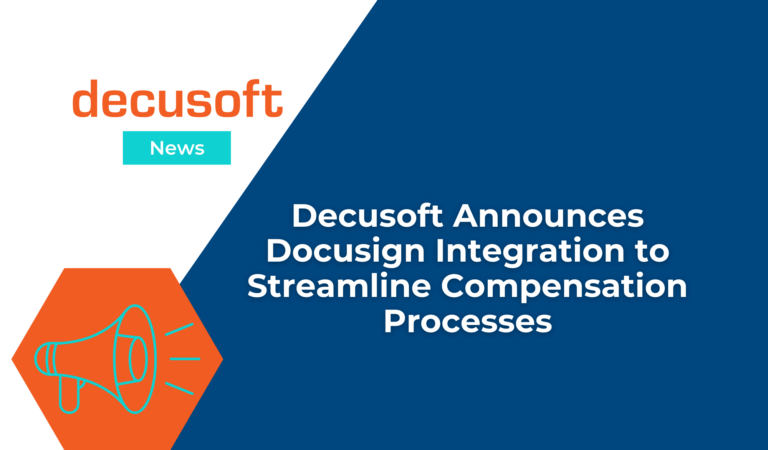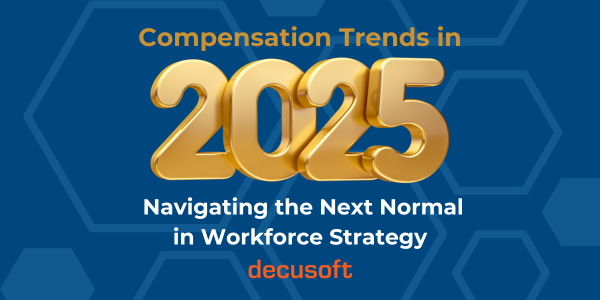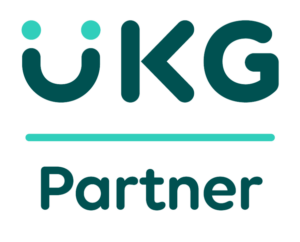The recent Astros “sign stealing” cheating scandal has been a controversial topic with the team’s manager, their GM, Red Sox manager and now the newly hired NY Mets manager all being fired as a result of their respective roles and acknowledgement of their wrongdoings. Bottom line, they were all trying to do whatever they could to gain competitive advantage. However, professional baseball explicitly prohibits the use of technology on the field.
Here’s a brief summary. Officials say that during the 2017 Astros home games, the team used monitors near the dugout to watch live cameras placed in center field that were picking up secret hand signals between the opposing team’s catcher and pitcher. When the Astros decoded the signs, they relayed the information to their hitters by banging on a trash can. They had a video technician install a monitor displaying the center field camera feed immediately outside of the Astro’s dugout. Both are clear violations of Major League baseball’s rules on sign-stealing and in-game technology use.
What does this have to do with managing compensation? There are several metaphors we can draw upon primarily on the benefits of using technology to automate compensation & reduce time, cost, and errors, which in turn afford you an ethical competitive advantage:
-
If you are using older technology like Excel Spreadsheets or on-premise homegrown systems instead of a sophisticated web-based compensation management platform like Compose, you are not taking advantage of technology to gain competitive advantage.
-
Using a proven technology platform provides immediate access to accurate up-to-date information that enables you to make timely compensation decisions that positively impact your organization. This includes compensation plans that balance risk, meet regulatory guidelines, and provide real-time access to centralized data.
-
Auditability – Unlike professional baseball, compensation professionals want and need a full audit trail whereby all user information is tracked/recorded even when an admin is acting on behalf of another user. This helps to ensure accuracy and compliance with regulations, adherence to ethical behavior, and reduces risk.
As you can see, automating your compensation processes helps minimize exposure of confidential data that would otherwise be housed on disparate spreadsheets and helps enforce corporate compensation policies to comply with industry, state, and federal mandates.
To sum it up: Technology and baseball? Bad. Technology and Compensation management? Good.




